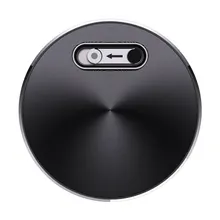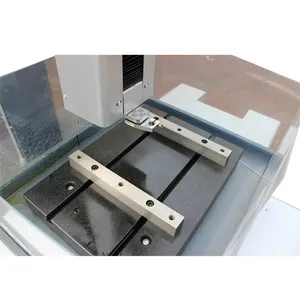

Hoanyore 12-31.9mm vương miện làm mát nội bộ khoan bit Shank lỗ sâu khoan mở rộng Dao Chủ lớp phủ OEM ODM


Bộ 12 Mũi Khoan Tráng Kim Cương 6-35Mm Bộ Dụng Cụ Cưa Lỗ Cho Thủy Tinh Đá Cẩm Thạch Đá Hoa Cương Gạch Gốm


12V Nhỏ Cầm Tay Cầm Tay Nhỏ Gọn Điện Khoan Và Mài Mini Tay Khoan Micro-khoan Mài Điện
Sẵn sàng vận chuyển




































 浙公网安备 33010002000092号
浙公网安备 33010002000092号 浙B2-20120091-4
浙B2-20120091-4